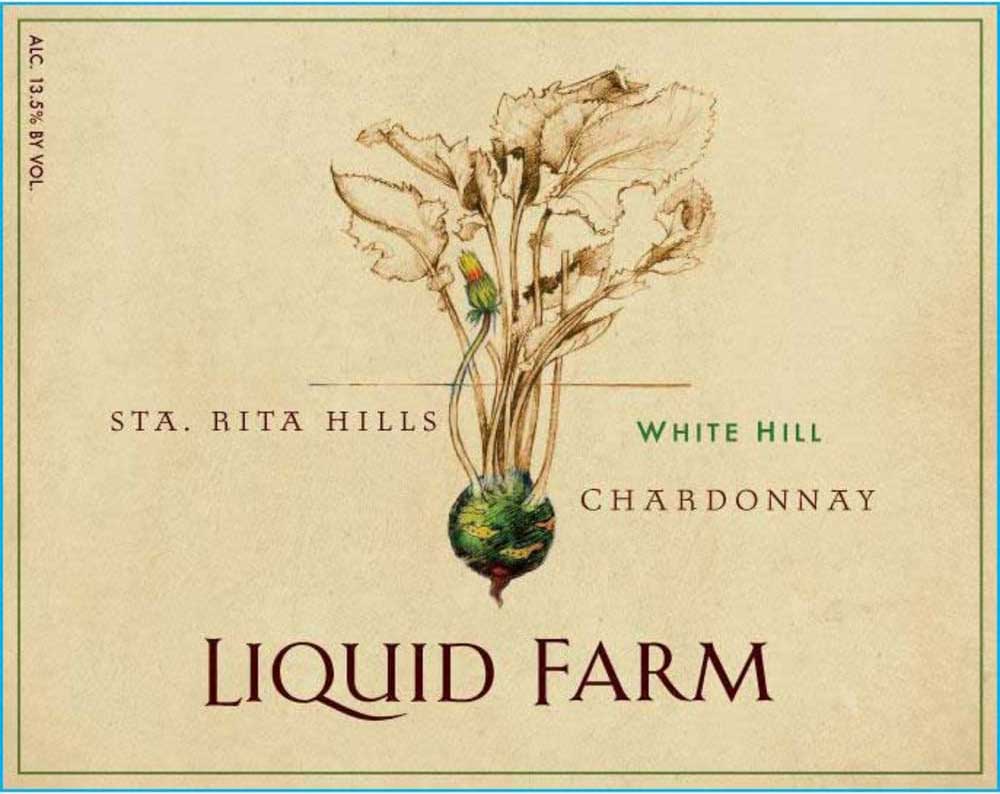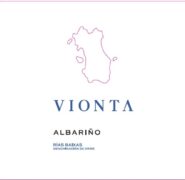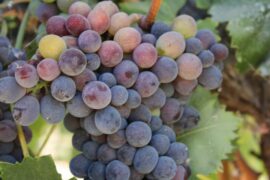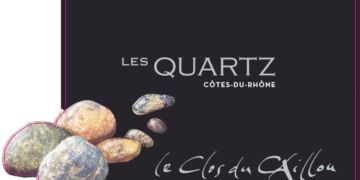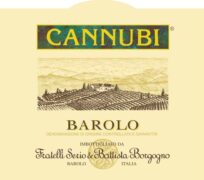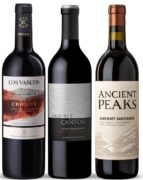Vegan wine is crafted without the use of any animal-derived ingredients or processes in its production. While traditional wines often rely on animal-based fining agents like gelatin, isinglass (fish bladder protein), egg whites, or casein (milk protein) to clarify the wine, vegan wines use alternatives like clay-based bentonite or pea protein, which remove impurities without animal involvement. Vegan wine production aligns with the ethical and dietary standards of vegans, ensuring a product free from animal exploitation at all stages.
What Makes Wine Not Vegan?
Most wines are made from grapes, which are vegan by nature. However, the winemaking process can introduce animal-derived ingredients, especially during fining, a step that removes unwanted particles for a clear, polished finish. Common non-vegan fining agents include:
- Gelatin: Derived from animal bones, skin, or connective tissue.
- Isinglass: Sourced from fish bladders.
- Casein: A protein found in milk.
- Egg Whites: Often used in red wines to soften tannins.
These agents are filtered out before bottling, but traces may remain, making the wine unsuitable for vegans. Some wineries also use beeswax or milk-based glues for corks, adding to the non-vegan categorization.
What Kind of Wine Can a Vegan Drink?
Vegans can enjoy wines that either forgo the fining process altogether or use vegan-friendly fining agents. Here’s a closer look at the types of wines vegans can drink:
- Certified Vegan Wines: Many wines are now labeled as vegan-certified, simplifying choices for consumers.
- Unfined and Unfiltered Wines: Some winemakers prefer to skip the fining step, allowing the wine to settle naturally over time. These wines often have a richer, more complex character.
- Vegan-Friendly Fining Agents: Wines that use bentonite clay, pea protein, or activated charcoal as fining agents are safe for vegans.
For reassurance, vegan consumers can look for specific certifications like the Vegan Society or consult lists of vegan wines published by companies that cater to plant-based dietary needs.
Is All Wine 100% Vegan?
No, not all wine is 100% vegan. While many brands are moving towards vegan-friendly production, a significant portion of traditional wines still rely on animal-derived fining agents. Even wines labeled “organic” or “natural” are not necessarily vegan. Organic wines focus on sustainable agriculture, while natural wines prioritize minimal intervention, yet both may still use animal-based fining agents unless specifically marked as vegan.
For those committed to a vegan lifestyle, seeking certified vegan labels or exploring well-known vegan-friendly wineries can make it easier to identify wines aligned with ethical and dietary values.



